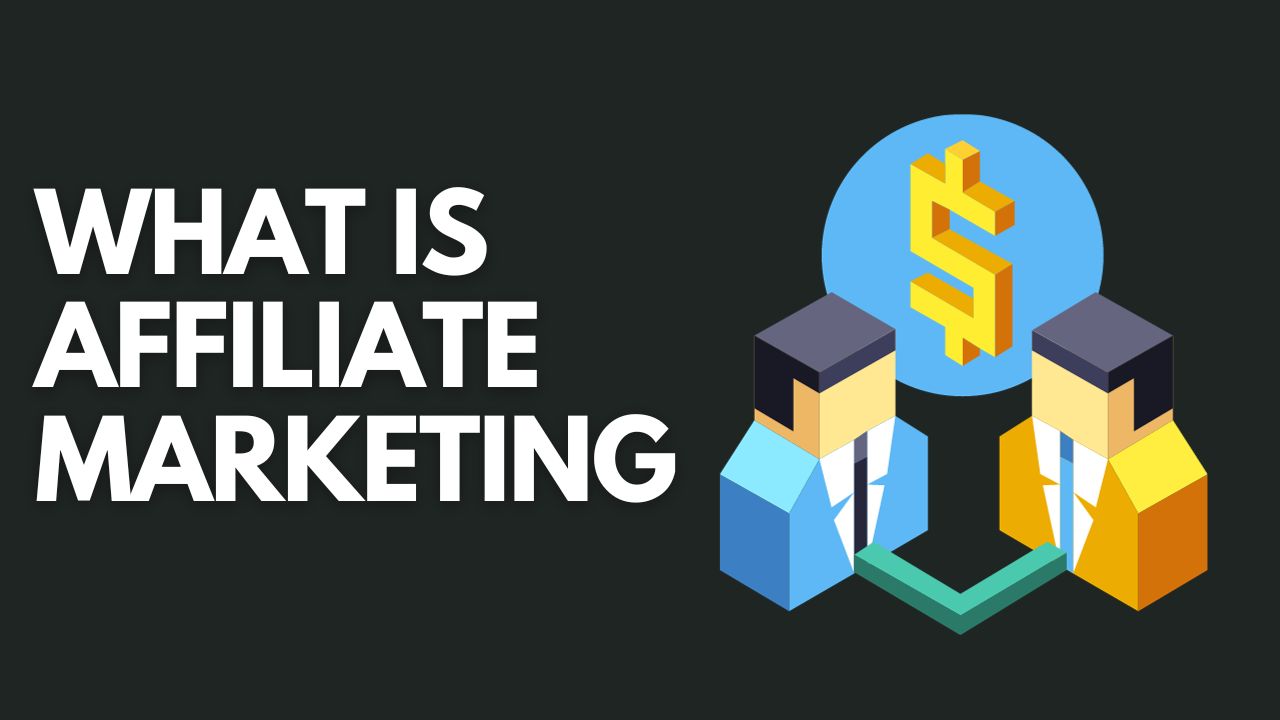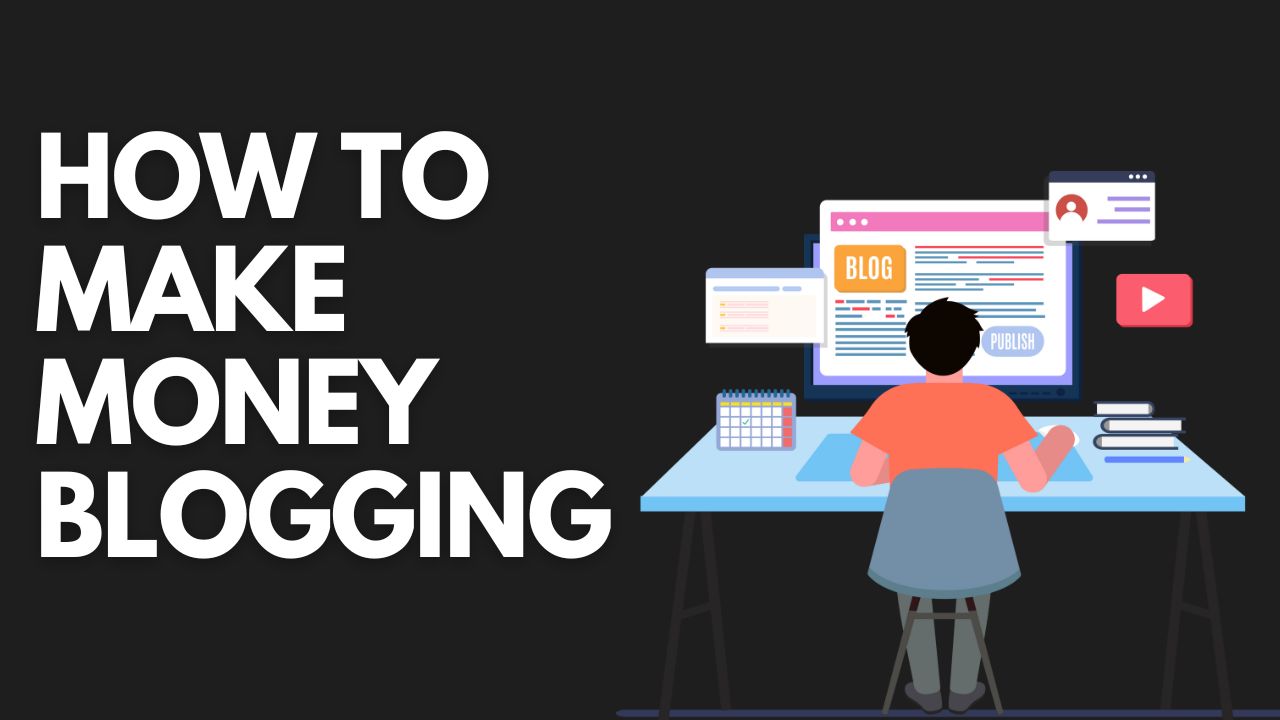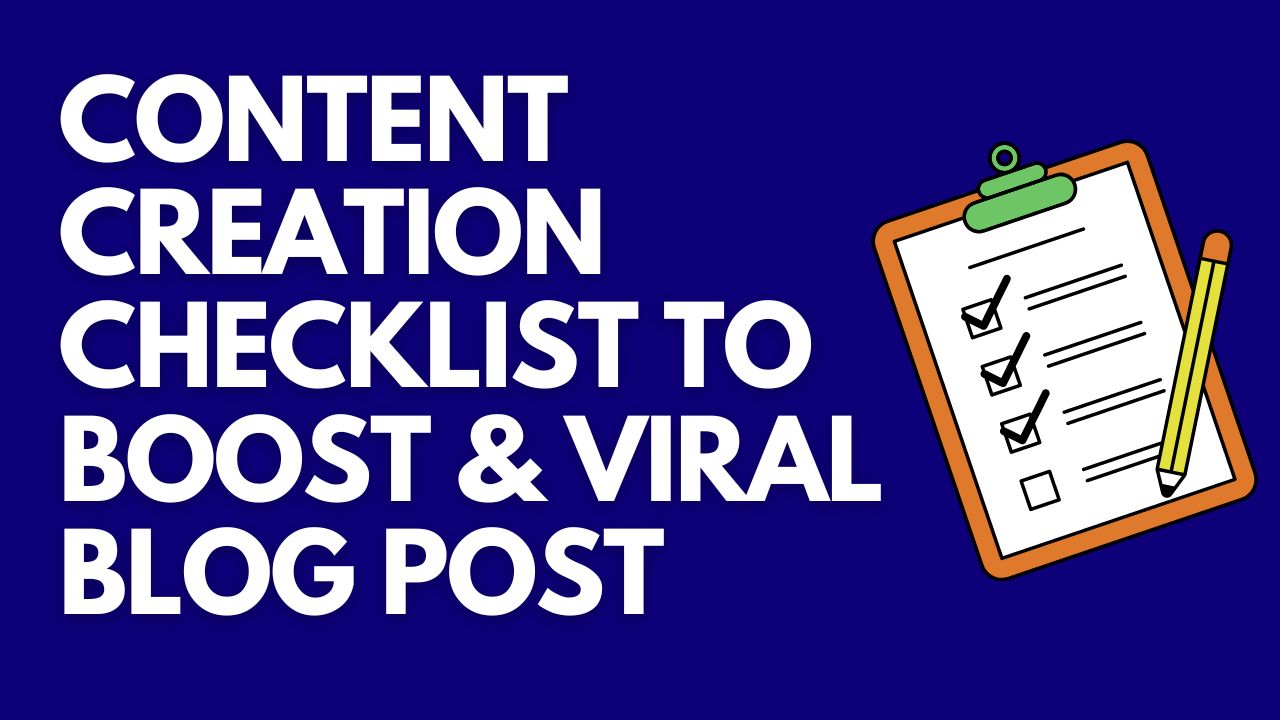I hope you enjoy reading this blog post.
If you want my team help you Get More Traffic More Customers More Revenue With Digital Marketing, just book a call
If you want my team help you Get More Traffic More Customers More Revenue With Digital Marketing, just book a call
Last updated on 13 December, 2023 by Ravi Gupta
When a content marketer devotes days, if not weeks, of effort and time to creating new material, only to have it fall flat in the search engine results, it may be demoralizing. We constantly develop material to make it available to people who are actively seeking it out. Because of our usual SEO blunders, our days and weeks of hard effort in developing content are being wasted.
Even a little SEO blunder may have a significant impact on your digital marketing plan. Even worse, your whole content marketing strategy will be rendered completely ineffective. As a result, we’ll go through some of the most common SEO blunders to steer clear of to protect your digital marketing plan.
A classic SEO blunder is employing the incorrect keywords in the text, either because they aren’t optimized or because they aren’t relevant. Many times, the material isn’t employed following the keywords that have been chosen for the page. When it comes to search engine rankings, keywords are ranked according to the number of times they appear in a piece of material. It’s a good idea to utilize it in the opening paragraph of your content if you can do it unobtrusively.
Your material might rise to the top of search engine results pages thanks to a simple tweak. It’s also important to avoid “keyword stuffing,” which may harm your content’s search engine optimization.
Google’s latest announcement from 2018 suggests that Mobile-First Indexing will be the norm. Because of this, it is a given that poorly optimized online content will have a difficult time rising in the ranks of search engine results.
Individuals who search online are seeking information and quality material that is relevant to their searches. Websites that create bad material for their readers are still out there. Content that is irrelevant and written to a quality that is not up to your search engine’s standards has no value. As a result, you must maintain a consistent level of material on your websites to ensure that your visitors are constantly satisfied.
It is also an SEO error to publish material that is plagiarized or otherwise not original. There has been a long history of using the same stuff over and over again. In the old days, this was rewarded with a boost to your site’s search engine rankings. Plagiarized or duplicated information on any website is now considered spam. As a result, Google now takes this into account when deciding your content’s position in search results.
In their writing, the majority of content creators strive for concise and exact keyword phrases. They believe that using long-tail keywords would result in lower volumes of visitors. Long-tail keywords, on the other hand, may be a terrific way to boost your website’s SEO worth. Because of the lower degree of complexity, it’s much simpler to rank well in search engines.
The Writer’s First Step Is to Research a Relevant Keyword. Other mistakes are made when they are doing this, such as just targeting terms with a large search volume. Even if you have a well-established domain-approved website, it is not the greatest approach to rank if your website is very new.
There are several misconceptions about how to properly optimize your content, and one of the most common is that just adding a target term is enough. If you don’t include title tags and meta descriptions, you’ll be losing out on a lot of traffic. It’s possible to boost your content’s performance if it’s done correctly.
As a rule of thumb, the heading should always represent the complete idea of the paragraph or content. It is difficult for search engine algorithms to understand what the content is about if the header is too brief. As a result, it should be longer than a few words, but not so long that it loses its meaning.
If you want to get the most out of SEO, it’s necessary to incorporate excellent external links in your content. This is why you shouldn’t simply throw in a bunch of links from random places. Make certain that the websites linking to yours have a higher Domain Authority (DA) and provide relevant, high-ranking content (DA). This might bring back a significant quantity of traffic in the future.
When it comes to content marketing and SEO, the only way to tell whether you’re on the right road is to keep track of your progress using an analytical tool. You may utilize tools like SEMrush and Google’s keyword tools to improve your search engine optimization (SEO).
The Google Search Console is another free tool provided by Google, much like Google Analytics. Clicks, top-performing pages, queries where your site ranks better, and website issues are all data points you may expect to see in this application.
It’s common knowledge that content is the backbone of search engine optimization. Assuming you have successfully published your website, its current state will remain unchanged indefinitely. Once online blogs are written and put to bed, they do not change.
We ask that you please update our sitemap whenever we make significant changes to the site, such as when new features are added or material is published. This will provide you with a quick and easy way to see how well your website is doing as a whole. It’s also possible to see how well your optimization is working for various kinds of content. You may then compare and tweak your digital and content marketing tactics in light of that information.
When it comes to search engine optimization, the Google blacklist for safe surfing, which is maintained by Google, is of special significance to website administrators (SEO). Google maintains a blacklist of websites and IP addresses that are considered to be a threat to the security of its users.
Conclusion: With the help of SEO experts, users can identify and correct typical SEO blunders and have a better understanding of their campaign’s overall success. Additionally, this helps to identify which content/digital marketing methods are most effective for them to use.
I'm Ravi Gupta, the founder of ravi-gupta.com. Here, I teach beginners to Get More Traffic More Customers More Revenue With Digital Marketing Join Our Newsletter

What is Affiliate Marketing? Publisher’s Best Guide to Start in 2024
Published on 31 December, 2023

How To Make Money Blogging (Your Passive Income Guide for 2024)
Published on 31 December, 2023

Keyword Research for SEO – The Ultimate Guide For Beginners (2024)
Published on 31 December, 2023

Content Creation Checklist To Boost & Viral Blog Post 2024
Published on 14 December, 2023

How To Start Blogging in Nepal
Published on 14 December, 2023

How To Become A Blogger In Nigeria 2024
Published on 14 December, 2023
Get FREE access to our Book - 299+ Way make money online without investment
Get The BookJun 6, 2019 at 9:48 pm
I have installed and activated the plug-in, put it in the side bar and logged in to FB (choosing my nominated page) however none of the Review & Slider Options came up, only the Facebook details, Title, Pagination, Characters before ‘ read more’ link, Widget Width etc.
ReplyThanks for choosing to leave a comment. Please keep in mind that all comments are moderated according to our comment policy, and your email address will NOT be published. Please Do NOT use keywords in the name field. Let's have a personal and meaningful conversation.
Save my name, email, and website in this browser for the next time I comment. Notify me of followup comments via e-mail. You can also subscribe without commenting. Submit CommentJun 6, 2019 at 9:48 pm
I have installed and activated the plug-in, put it in the side bar and logged in to FB (choosing my nominated page) however none of the Review & Slider Options came up, only the Facebook details, Title, Pagination, Characters before ‘ read more’ link, Widget Width etc.
ReplyThanks for choosing to leave a comment. Please keep in mind that all comments are moderated according to our comment policy, and your email address will NOT be published. Please Do NOT use keywords in the name field. Let's have a personal and meaningful conversation.
Save my name, email, and website in this browser for the next time I comment. Notify me of followup comments via e-mail. You can also subscribe without commenting. Submit CommentMay 21, 2018 at 7:53 am
Today I learned new technic from this Blog. Thanks.
ReplyThanks for choosing to leave a comment. Please keep in mind that all comments are moderated according to our comment policy, and your email address will NOT be published. Please Do NOT use keywords in the name field. Let's have a personal and meaningful conversation.
Save my name, email, and website in this browser for the next time I comment. Notify me of followup comments via e-mail. You can also subscribe without commenting. Submit CommentThanks for choosing to leave a comment. Please keep in mind that all comments are moderated according to our comment policy, and your email address will NOT be published. Please Do NOT use keywords in the name field. Let's have a personal and meaningful conversation.
Save my name, email, and website in this browser for the next time I comment. Notify me of followup comments via e-mail. You can also subscribe without commenting. Submit Comment© 2018-2024 Ravi-Gupta.com - All rights reserved